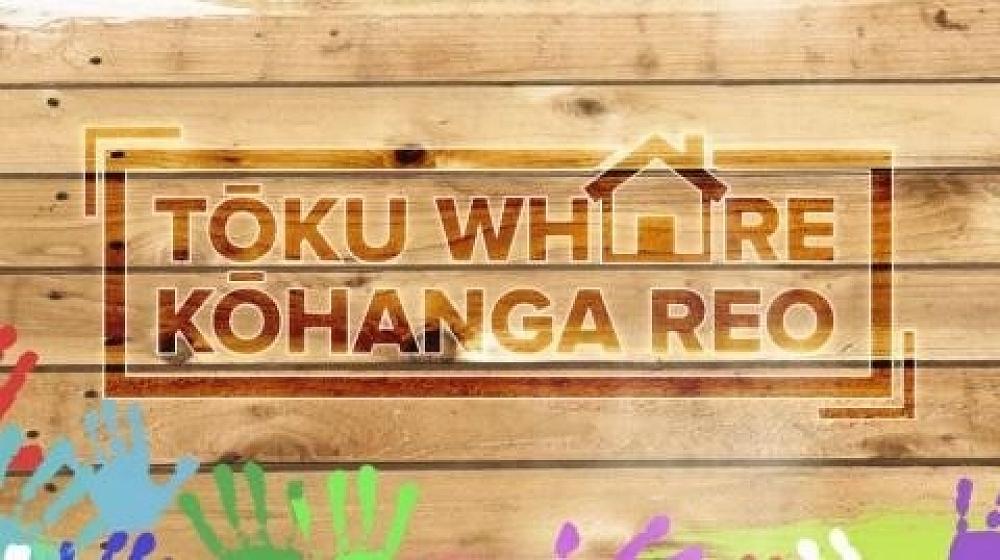
Tōku Whare Kōhanga Reo
A new documentary series has just started on Māori Television which looks at what kōhanga reo are doing on the ground to thrive and involve their communities.
Kōhanga reo across Aotearoa are having trouble with falling student numbers and are getting creative to stay alive.
Daniel Proctor is the co-chair of Kōhanga Reo Nation Trust Board and joined Jesse Mulligan to explain what's happening at Kōhanga reo around the country.
“We’re facing a big struggle out here in the regions with not only holding onto the language but holding onto our language nests, our kōhanga reo.”
There’s an inequitable funding model,
“Currently, kōhanga reo are under funded by $40 million a year across the country.
“It’s an issue that we took to the…Waitangi Tribunal and were successful in 2012. This project, Tōku Whare Kōhanga Reo, is a part of a strategy we have working with the government to meet the inequity in the funding model and hopefully get us back to that level playing field where our kōhanga reo can look just as pretty and just as nice and just high-tech as the ETE models around the country.”
It’s a competitive space and parents are looking for high quality reo and delivery, Proctor says.
“You drive around the corner, you might drive past an ETE that is open from 9 to 5 because that’s the funding model that suits them and they’re also very attractive because of the state of the buildings and the like and so they take tamariki there and they think that they can catch the language in other spaces.”
The first seven years are very important for children to pick up the language, he says.
The dream is to have Māori tamariki raised in the language and having the language and its protocols as part of their everyday life, he says.
The project is looking to renovate 30-40 kōhanga reo every year for the next five years, and opening ten new kōhanga reo every year.
“It’s not going to be easy but it requires solidarity and it requires people believing in a movement that was set by our elders who had wisdom in the 1980s and had the foresight to see that if we didn’t have a nest to place the child in the bosom of the language then we’d lose it.”
It’s important for graduates of kōhanga reo to return to the movement bringing their skills back to help, he says.
“Let’s get this kaupapa thriving again.”
Episodes HERE
Gallery

